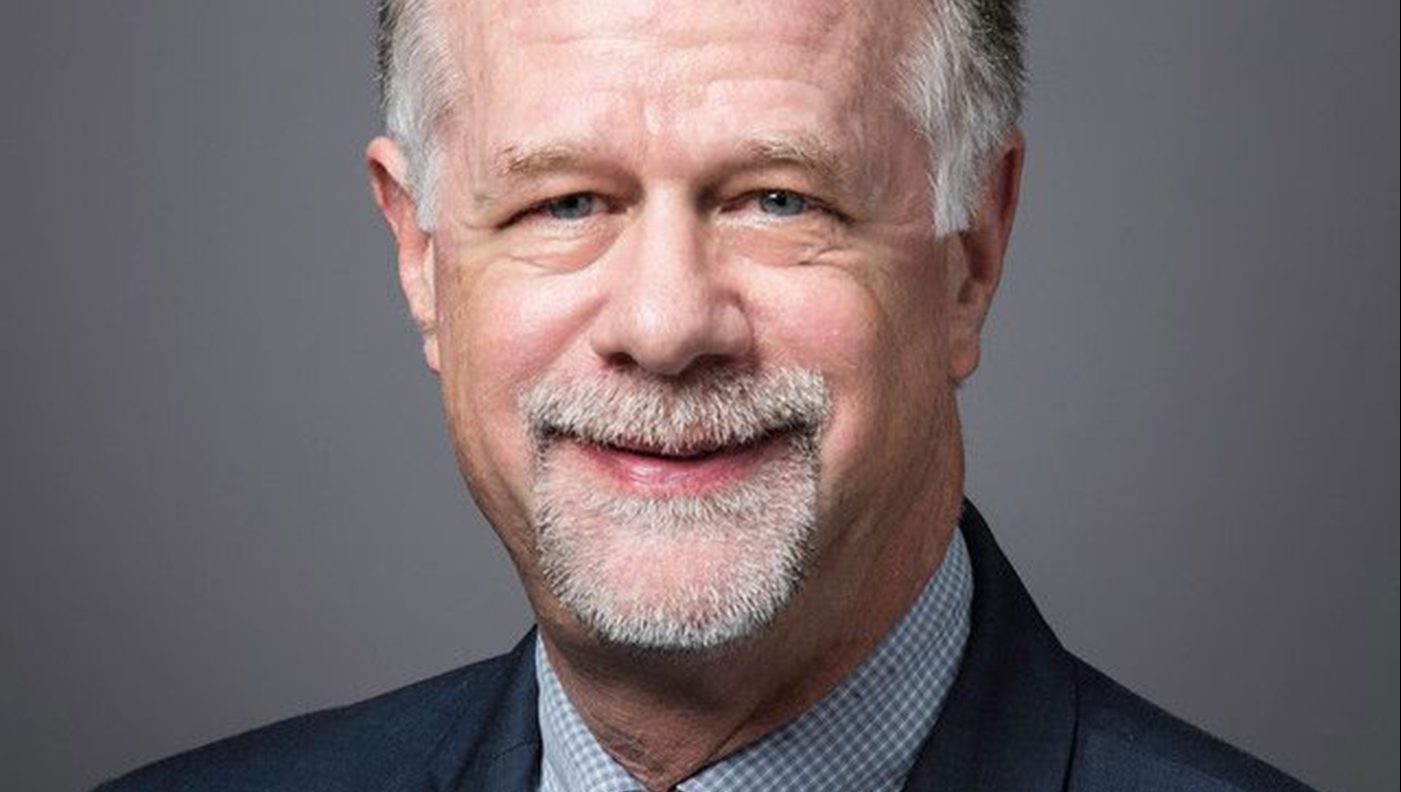
By launching in competition to government-issued fiat currencies, cryptocurrencies are a new version of private money, an asset class with a long tradition, says Lawrence H. White, a professor of economics at George Mason University.
New Money Review: Larry, Bank of England governor Mark Carney has recently said that cryptocurrencies fail on all three counts as money: he says they are poor stores of value, inefficient media of exchange and virtually non-existent units of account.
Are cryptocurrencies necessarily a poor store of value because of their volatility? And what does that mean for the other two functions?
White: It depends on what you want from a store of value. Over time, the long-run rate of return on holding bitcoin has been excellent, though it’s true that it’s volatile in the short term, much more than gold, for example. But people who got into bitcoin early are very happy they did.
I’d agree that the high current levels of volatility argue against using bitcoin as a transaction medium or a unit of account. You wouldn’t want to have your rent cheque denominated in bitcoin, for example.
“Giving central banks the power to act countercyclically doesn’t mean they will use it effectively.”
New Money Review: What would you answer to Carney’s allegation that a fixed money supply, as in bitcoin, is bad news for everyone, since it takes away central bankers’ ability to shift monetary supply in response to economic conditions?
White: There are two allegations there. One is that deflation is bad per se, which is a very weak argument.
You can have both benign and harmful deflation. Harmful deflation happens when the money supply shrinks, or when people are hoarding money. It’s not harmful to have prices fall because output is growing faster than the supply of money. Under the gold standard, falling prices were typically not linked to recessions, in the sense of real output falling.
In general, central banks are fixated on two examples of harmful deflation—the great depression of the 1930s and Japan post-1989—and don’t look at more benign episodes, which were frequent under the gold standard.
The second allegation is that if central bankers don’t have their hands on the monetary tiller, things will go wrong. They honestly believe that if they are in control, it’s good for the economy.
Central bankers say they can run a countercyclical policy to help dampen booms and stimulate activity during busts. But their track record is not good. They’ve usually created more instability than they’ve managed to reduce. So giving central banks the power to act countercyclically doesn’t mean they will use it effectively.
New Money Review: At current market levels, cryptocurrencies are much smaller in size than global monetary aggregates: global M3 is around 200 times the size of the crypto market, for example. Are you surprised that central bankers have been devoting so much time to commenting on bitcoin and other cryptos?
White: I think central bankers are seriously concerned about the rise in cryptocurrencies. Of course, they may just be reacting to the frequency at which cryptocurrencies are mentioned in the news, and they feel obliged to comment.
But in December, for example, when the bitcoin price hit $18,000, an article was published comparing bitcoin’s market value to the monetary base of leading global currencies, and bitcoin’s value had exceeded the value of sterling M0. I think that caught their attention.
“Central bankers are seriously concerned about the rise in cryptocurrencies.”
New Money Review: Within the bitcoin community there’s been a split between those who say the currency’s rules should prioritise the store of value function and those who say ease of payment and low transaction fees are more important. What do you make of last year’s fork of the currency into these two camps?
White: In my opinion there are three obstacles to the wider adoption of bitcoin. One is the volatility of prices, the second is the congestion in the blockchain, which the fork does something to address, though perhaps not enough—doubling the size of blocks doesn’t do all that much—and the third is the incumbency advantage of existing currencies. People want to be paid in what they can immediately spend on a variety of things.
If people want to hold bitcoin as a store of value—effectively, as an asset—then it’s pretty easy for them to do so and many are already doing that. It’s not for lack of awareness that people are shying away.
New Money Review: If governments and central banks did want to constrain the growth of cryptocurrencies, how might they do it?
White: They’ve already started imposing know-your-customer rules on bitcoin exchanges. A next step would be to enforce capital gains taxes more rigorously in countries that treat cryptocurrencies as an investment. Ultimately, they might try to ban them. It’s difficult to make bitcoin a transaction medium without putting up signs saying “we accept bitcoin”, and a government really intent on stamping out cryptos would make this illegal.
New Money Review: Surely this would be impossible to implement on a global scale?
White: It wouldn’t stop people who are technologically savvy enough to operate peer-to-peer. But most of the rest of us find it pretty intimidating to do this, and so prefer to buy and sell cryptocurrencies through exchanges. Although bitcoin maximalists argue that the currency is censorship-proof, I think the public availability of bitcoin could quite easily be censored. Governments could suppress its use, if not prevent it entirely—as they’ve done with drugs.
New Money Review: How important are legal tender laws in propping up the use of existing national currencies?
White: It depends on the type of legal tender law. In the most innocuous case, you could have a law saying “if you have a debt in pounds, it is discharged if you transfer Bank of England liabilities”. That doesn’t stop you from using other currencies.
But if you have a forced tender law it’s different. That would be a law saying “you may not write contracts in other currencies and debts denominated in other currencies will not be enforceable”.
New Money Review: You’ve studied monetary history for a long time. In the context of that history, how significant an event is the advent of cryptocurrencies?
White: It’s quite exciting to me, since I’ve specialised in studying the past use of private, non-governmental and commodity-based money. Back in the 1970s, Hayek argued for competition in the issuance of money, to include currencies issued by private firms. He predicted such private moneys would stabilise their purchasing power as a way of attracting customers.
That’s absolutely not the model cryptocurrencies follow. Instead, they guarantee the quantity of issuance and leave the value—in terms of goods, services or other currencies—to be determined by the market.
It’s fair to say that cryptocurrencies are still only on the verge of becoming money, in terms of widespread use as a medium of exchange. But it’s a fascinating development to follow.
“Governments could suppress cryptocurrencies’ use, if not prevent it entirely—as they’ve done with drugs.”
New Money Review: We don’t know who Satoshi Nakamoto is or was, but how much did the early proponents of cryptocurrency know about monetary theory? Most of them came from a cryptography and computer science background.
White: If you look at the early discussions of cryptocurrencies—those that took place before the publication of the Nakamoto white paper—those between Nick Szabo and Hal Finney, for example, they were very aware of the history of free banking. Szabo wrote about it in his “bitgold” proposal.
It’s interesting to note that Finney wrote a Reddit post in 2010 where he was well aware of the potential future congestion problem in bitcoin. He predicted bitcoin would not be used to buy coffees, as many early proponents suggested, but would end up as a global reserve currency. Finney cited George Selgin’s work on free banking and suggested we could have a global banking system, built on bitcoin, that can regulate itself.










Very interesting, thanks